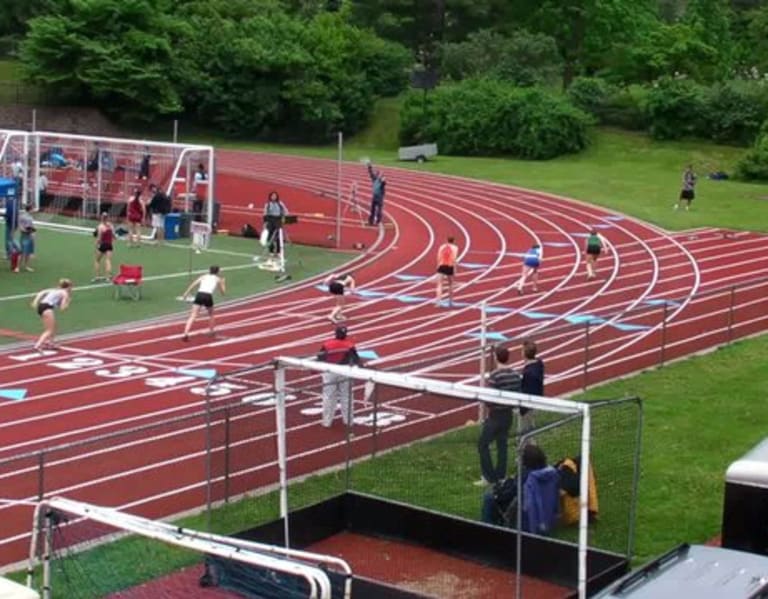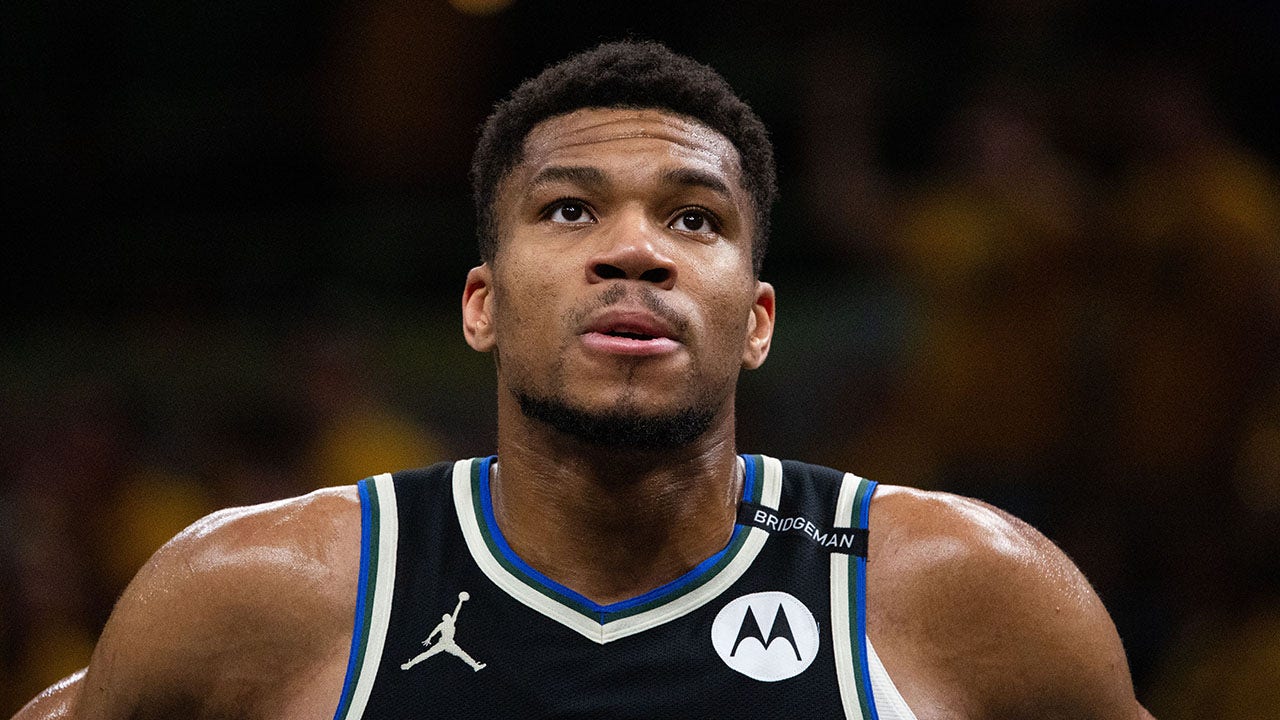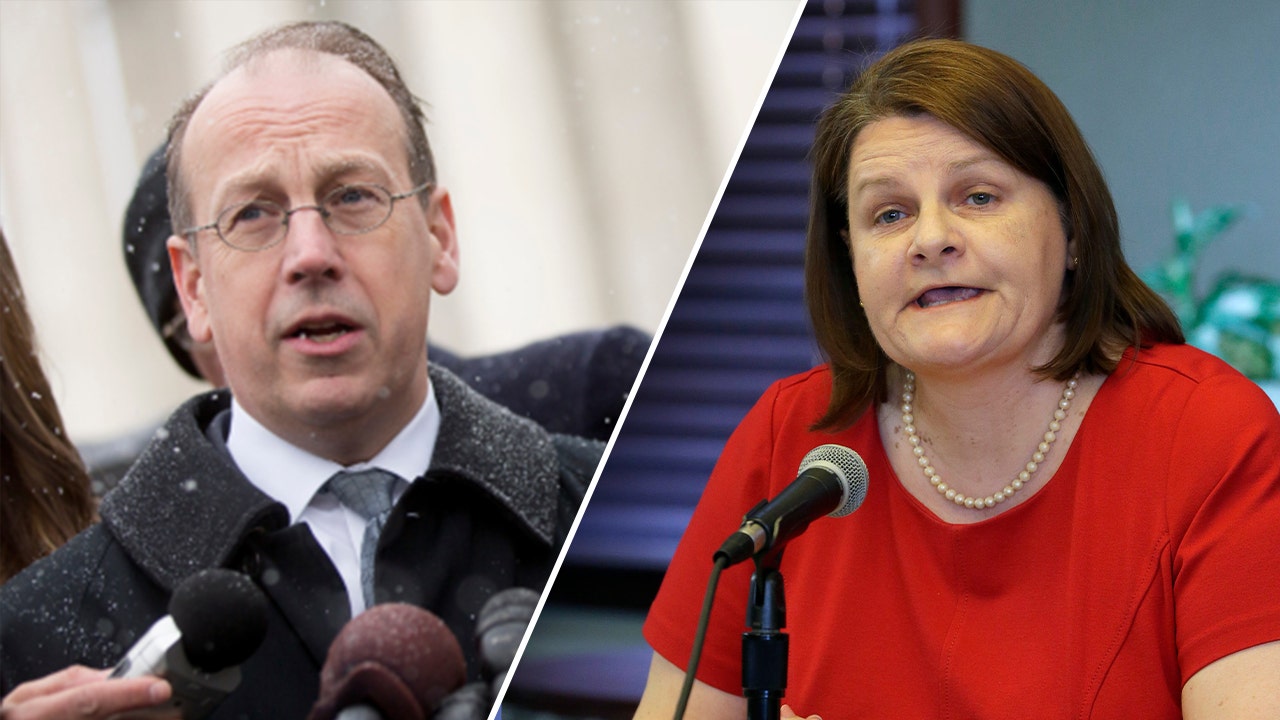WASHINGTON — For years now, college sports leaders journeyed to the nation’s capital by the dozens to lobby for congressional help.
Soon, the White House may step in.
President Donald Trump is making plans to create a presidential commission on college athletics, the first step in what could be a months-long endeavor for solutions to the issues ailing the ecosystem.
Advertisement
Multiple sources, both in Congress and within college sports, spoke to Yahoo Sports under condition of anonymity as they were not authorized to speak about Trump’s plan. Many college sports stakeholders have been briefed on the matter. It is unclear when an announcement could come.
Trump’s involvement, though not surprising, is a landmark moment in college athletics history — the country’s most powerful elected leader potentially shaping the future of the industry. Details of the commission are for now being kept private, but the group is expected to feature college sports stakeholders, prominent businesspeople with deep connections to college football and, perhaps, even a former coach and administrator.
The commission is expected to deeply examine the unwieldy landscape of college sports, including the frequency of player movement in the transfer portal, the unregulated booster compensation paid to athletes, the debate of college athlete employment, the application of Title IX to school revenue-share payments and, even, conference membership makeup and conference television contracts, those with knowledge of the commission told Yahoo Sports.
Trump’s involvement was expected. Last month, during a trip where more than 100 college sports leaders traveled to DC to lobby on the Hill, they were informed of the White House’s interest and potential action, as reported in this Yahoo Sports story. Last week, Sen. Tommy Tuberville suggested that Trump was contemplating an executive order, news confirmed in reporting by the Wall Street Journal.
Advertisement
Trump could announce a commission through an executive order, as the president did just this week when he established the Religious Liberty Commission.
President Donald Trump shakes hands with former football coach Nick Saban as Trump takes the stage to address graduating students at the University of Alabama on May 1. (Anna Moneymaker/Getty Images)
(Anna Moneymaker via Getty Images)
Former Alabama coach Nick Saban, a central figure in the fight for college sports legislation, is expected to be integral to the commission’s work. During Trump’s visit to Tuscaloosa last week to give a graduation address at the University of Alabama, Trump and Saban met about college sports legislation — a meeting that’s now transformed into plans for this executive group to be formed.
College athletics is at a seminal moment in its history.
The industry sits in a sort-of purgatory, stuck between its old facade of amateurism and full-blown professionalism. Amid a decade-long athletes rights movement, the NCAA’s rules regulating player movement, compensation and other aspects have crumbled at the hands of local and federal judges.
Advertisement
The latest tipping point came nearly four years ago, when state lawmakers passed legislation to usher in the era of name, image and likeness (NIL), forcing the NCAA to, at last, end its prohibition on athletes earning compensation from endorsement and commercial deals. The association has since, voluntarily, provided athletes with more benefits, such as postgraduate healthcare, guaranteed scholarships and more.
However, with the four power conferences earning billions in television revenue, the NCAA and its conferences recently agreed to a landmark settlement of three antitrust cases (House) over athlete compensation, agreeing to permit schools to directly pay athletes revenue starting July 1 under a capped-system.
The settlement, a year-long effort, is in the final stages of approval. In fact, the NCAA and leagues are expected to file Wednesday night a brief that officials hope appeases a California judge’s concerns over an aspect of the settlement related to roster limits.
Trump’s involvement follows a tense last few months of negotiations over college legislation among five U.S. senators: Republicans Ted Cruz (Texas) and Jerry Moran (Kansas), and Democrats Cory Booker (New Jersey), Chris Coons (Delaware) and Richard Blumenthal (Connecticut). In fact, several members of that group met as recently as Tuesday to work on legislation.
Advertisement
While college leaders believe the five are “close as they’ve ever been” to agreeing to a college sports bill, that hope dims as a divided Congress faces domestic and international pressures that take precedence.
A framework of any bill was expected to include three main concepts: (1) a limited antitrust protection that, in part, codifies the House settlement to allow the NCAA and power conferences to enforce eligibility and transfer rules, as well as rules around the new revenue-sharing structure; (2) a clause deeming athletes as students and not employees, with a possible sunset on that provision after a set number of years; and (3) pre-emption of existing NIL state laws, many of which contradict the settlement and/or NCAA rules.
Advertisement
The NCAA and power conferences’ aggressive lobbying effort is a clear sign that they believe that, in order to enforce rules without legal challenges, federal legislation is necessary even if the settlement is approved.
How Trump’s involvement will impact those latest talks remains unclear.
The negotiations among the five senators are just the latest in five-year effort from college sports leaders to lobby Congress to pass a federal solution. More than a dozen bills have been introduced and 13 congressional hearings have been held with no bill reaching debate on the Senate or House floor.
.png)
 German (DE)
German (DE)  English (US)
English (US)  Spanish (ES)
Spanish (ES)  French (FR)
French (FR)  Hindi (IN)
Hindi (IN)  Italian (IT)
Italian (IT)  Russian (RU)
Russian (RU) 








Comments